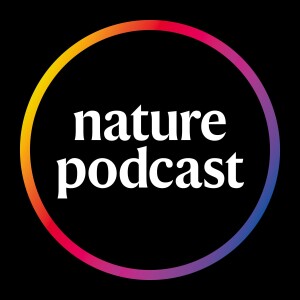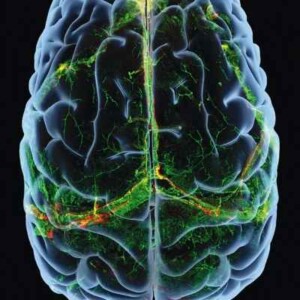
Australia's swamp tortoise is one of the most endangered species in the world. This species lives in wetlands that are under threat due to rising temperatures and a reduction in rainfall.
In an effort to save the tortoise, researchers are trialling a controversial strategy called assisted migration. This approach has seen captive-bred tortoises released in other wetlands some 330 kilometres south of where they are naturally found. The aim is to see whether the animals can tolerate cooler climates, and whether this new habitat might ensure the species’ future as the planet warms.
While many conservation biologists and land managers have long resisted the idea of assisted migration, attitudes are changing and other projects are beginning to test whether it can protect protect animals at risk from climate change.
This is an audio version of our Feature: These animals are racing towards extinction. A new home might be their last chance
Hosted on Acast. See acast.com/privacy for more information.
More Episodes
Nature's Take: Can Registered Reports help tackle publication bias?
 2023-05-12
2023-05-12
‘Pangenome’ aims to capture the breadth of human diversity
 2023-05-10
2023-05-10
Menopause and women’s health: why science needs to catch up
 2023-05-03
2023-05-03
Audio long read: Conquering Alzheimer’s — a look at the therapies of the future
 2023-04-28
2023-04-28
How Rosalind Franklin’s story was rewritten
 2023-04-26
2023-04-26
A smarter way to melt down plastics?
 2023-04-19
2023-04-19
How to battle misinformation with Sander van der Linden
 2023-04-14
2023-04-14
Octopuses hunt by 'tasting' with their suckers
 2023-04-12
2023-04-12
Giant black-hole pair from the early Universe gives clues to how galaxies form
 2023-04-05
2023-04-05
Audio long read: What Turkey’s earthquake tells us about the science of seismic forecasting
 2023-03-31
2023-03-31
Bacterial ‘syringes’ could inject drugs directly into human cells
 2023-03-29
2023-03-29
How to make driverless cars safer — expose them to lots of dangerous drivers
 2023-03-22
2023-03-22
How to build a virus-proof cell
 2023-03-15
2023-03-15
How the Australian wildfires devastated the ozone layer
 2023-03-08
2023-03-08
How an increased heart rate could induce anxiety in mice
 2023-03-01
2023-03-01
Nature's Take: How Twitter's changes could affect science
 2023-02-27
2023-02-27
Audio long read: How your first brush with COVID warps your immunity
 2023-02-24
2023-02-24
A twisting microscope that could unlock the secrets of 2D materials
 2023-02-22
2023-02-22
How 'metadevices' could make electronics faster
 2023-02-15
2023-02-15
This mysterious space rock shouldn’t have a ring — but it does
 2023-02-08
2023-02-08
Create your
podcast in
minutes
- Full-featured podcast site
- Unlimited storage and bandwidth
- Comprehensive podcast stats
- Distribute to Apple Podcasts, Spotify, and more
- Make money with your podcast
It is Free
- Privacy Policy
- Cookie Policy
- Terms of Use
- Consent Preferences
- Copyright © 2015-2024 Podbean.com


 iOS
iOS Android
Android


